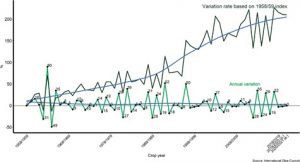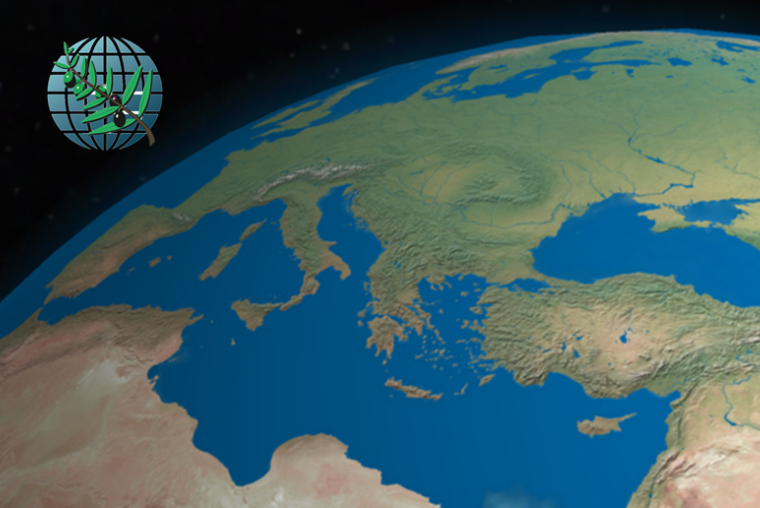The 2019/20 season, although still with provisional data, shows world production of 3,207,000 t, a decrease of 1.7% (55,000 t) compared to the previous season, consumption of around 3,234,000 t (+5.8%) and imports and exports of 1,156,000 and 1,205,000 t respectively.
IOC member countries would have produced 3,008,500 t, or 93.8% of the world total, in the 2019/20 season. The production of the group of European countries would have reached 1,924,100 t, a decrease of 15% com- pared to the previous campaign. In Spain, production would have been 1,125,300 t (-37.1%), in Italy 366,000 t (+110.8%), in Greece 275,000 t (+48.6%) and in Portugal 140,500 t (+40.1%).
The production of the other IOC member countries would have increased by 32.9%, reaching a total of 1,084,500 t. Tunisia stands out with 350,000 t (+150%), followed by Turkey with 225,000 t (+16.3%), Morocco with 145,000 t (-27.5%) and Algeria with 125,500 t (+29.4%).
Consumption in IOC member countries would have reached 2,204,000 t, an increase of 3.4%, while in non-IOOC member countries consumption would have been around 1,030,000 t, an increase of 11.4% com- pared to the previous campaign.
Olive oil – estimate for the 2020/21 crop year
According to official country data and estimates by the IOC Executive Secretariat, world production in the 2020/21 campaign could reach 3,197,000 t, which implies a decrease of 0.3% compared to the previous campaign. Imports and exports would amount to more than 950,000 t respectively.

Evolution of olive oil production.
Annual variation rates and with base 1958/59
The total production of the IOC member countries in 2020/21 would be 2,999,500 t, or 93.8% of the world total, a decrease of 0.3% compared to the previous campaign. The EU producer countries are forecasting production of 2,232,500 t, an increase of 16%. The other IOC member countries are estimated to produce a total of 767,000 t, a decrease of 317,500 t (29.3%) compared to the previous year. World consumption could reach 3,185,500 t, a decrease of 1.5% compared to the previous campaign.
Table olives – Provisional 2019/20 campaign and estimate for 2020/21
World production for the 2019/20 campaign would amount to 3,057,500 t, an increase of 5.5% compared to the previous campaign. Among the IOC member countries, Spain stands out for its weight in world pro- duction (15%), despite a 22.5% drop. Egypt’s production has increased by 25% compared to the 2018/19 campaign, contributing 24.5% of the world total.
According to estimates for the 2020/21 campaign, production could increase by 2.5% compared to 2019/20, reaching 3,134,000 t, and consumption would increase by 0.4%.









